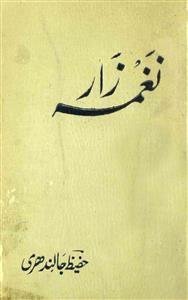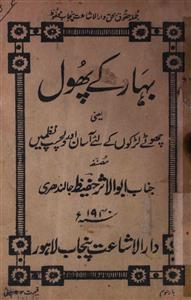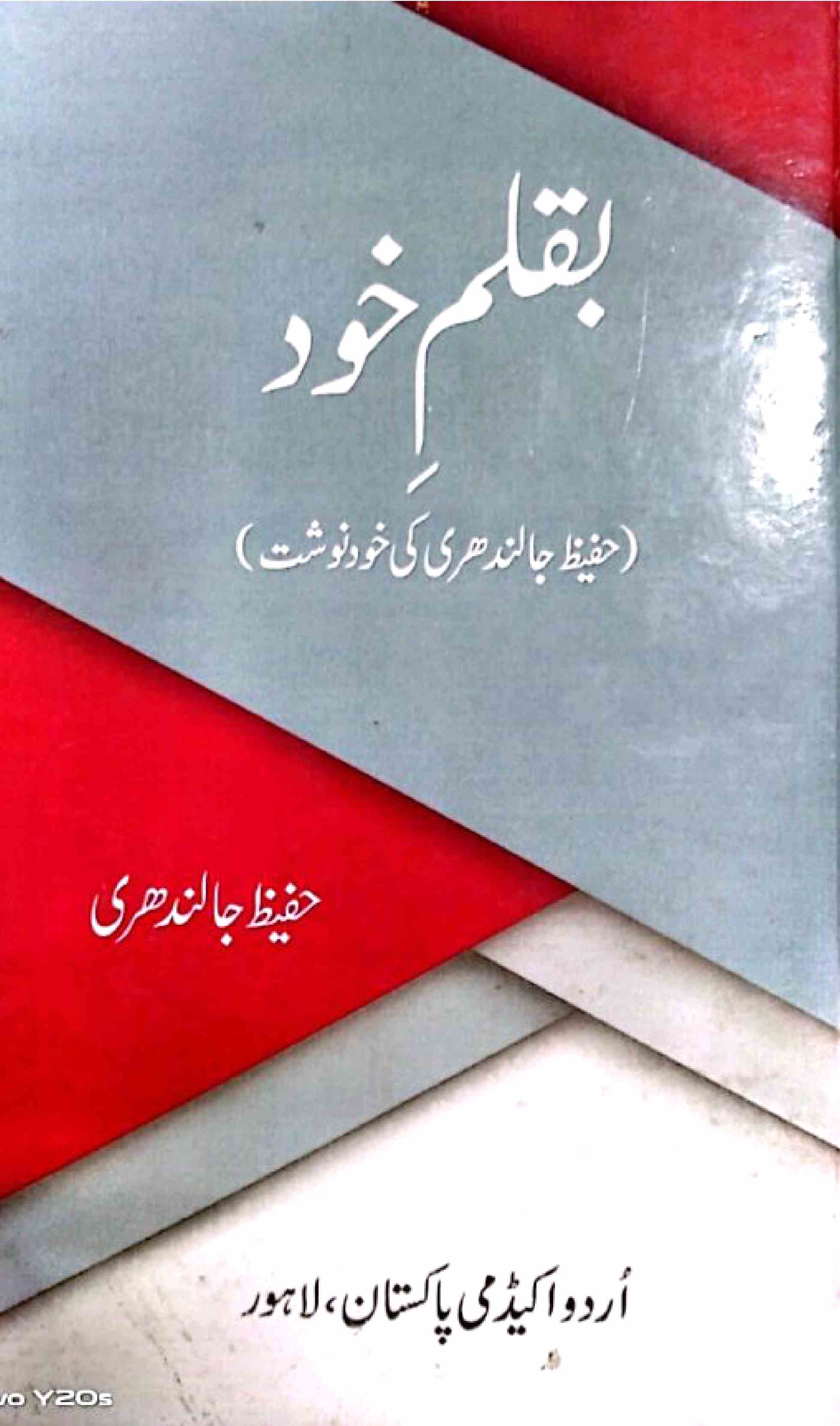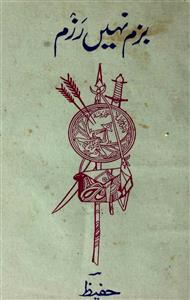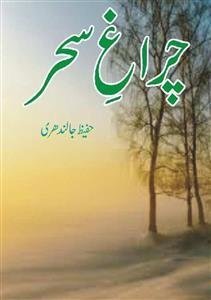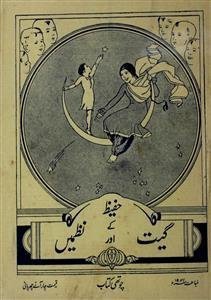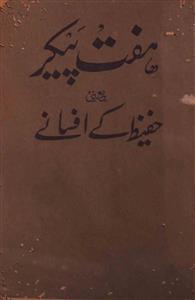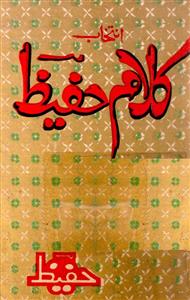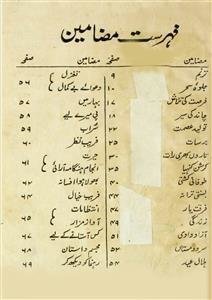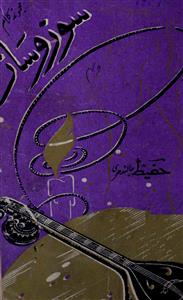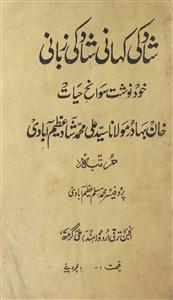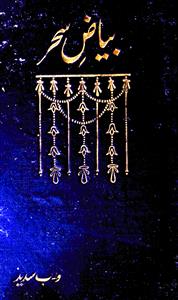 For any query/comment related to this ebook, please contact us at haidar.ali@rekhta.org
For any query/comment related to this ebook, please contact us at haidar.ali@rekhta.org
About The Book
نظم نگاری کی دنیا میں حفیظ جالندھری کا اپنا مخصوص رنگ ہے اور مختلف شعرا کے کلام میں ان کا کلام بہ آسانی پہچان لیا جاتا ہے۔ ان کی نظموں میں زندگی کی رنگا رنگ تصویریں ملتی ہیں جن سے ہر ملک اور ہر مزاج کے لوگ اپنے اپنے ذوق کی سریابی کرنے میں کامیاب ہوتے ہیں۔ حفیظ جالندھری کی نظموں کا پہلا مجموعہ ’’نغمہ زار‘‘ تھا جو 1935 میں شائع ہوا۔یہ مجموعہ اس وقت شائع ہوا تھا جبکہ اکبر الہ آبادی ،چکبست اور اقبال کا کلام سارے ملک میں مشہور ہو چکا تھا۔اس مجموعہ میں حفیظ جالندھری کی سترہ نظمیں اور کچھ غزلیں شامل ہیں۔ ان کی غزلوں میں ایک قسم کی سر مستی اور بہاو ہے لیکن اردو دنیا میں وہ نظم گو کی حیثیت سے مشہور ہیں۔ ان کی نظموں اور غزلوں میں بلا کا ترنم اور نغمگی پائی جاتی ہے۔
About The Author
Hafeez Jalandhari was born as Muhammad Hafeez in 1900. He had an innate bent towards poetry. At a young age, he started reciting poetry and took the tutelage of Maulana Ghulam Qadir Girami.
The poetic masterpiece that made Hafeez eternal is the ‘Shahnameh-e-Islam’. In Persian, there are masterful Masnavis like Ferdowsi’s Shahnameh and Masnavi-e-Maulana-e-Rum. Maulana Hali has expressed regret over the fact that there is no meritorious Masnavi in Urdu. However, that gap has been bridged by Hafeez’s Shahnameh-e-Islam.
It is a difficult task to manage historical events, especially events that have to do with religion and the emotions of a nation.Hafeez has narrated a multitude of events in this long Masnavi. But the writing style is such that the appeal has not diminished.There are many points in the poem which stimulate the reader's zeal and impassion his heart.
Hafeez has also written numerous Nazms. Several collections of his Nazms have been published, such as "Naghmat-e-Raz" and "Soz-o-Saz". Although there is no philosophical depth in these poems, the style of writing is attractive. In his poems, he did not make new experiments, but he used the old forms neatly, used many meters, chose eloquent expression, and made his poems a source of joy.
He also wrote Geet that are full of pathos. Here, too, the secret of their success lies in the choice of small, flowing meters, and affect-bearing words. Particularly noteworthy are ‘Tuuti Hui Kashti Ka Malaah’ and ‘Shahsavaar-e-Karbalaa’.
 For any query/comment related to this ebook, please contact us at haidar.ali@rekhta.org
For any query/comment related to this ebook, please contact us at haidar.ali@rekhta.org
